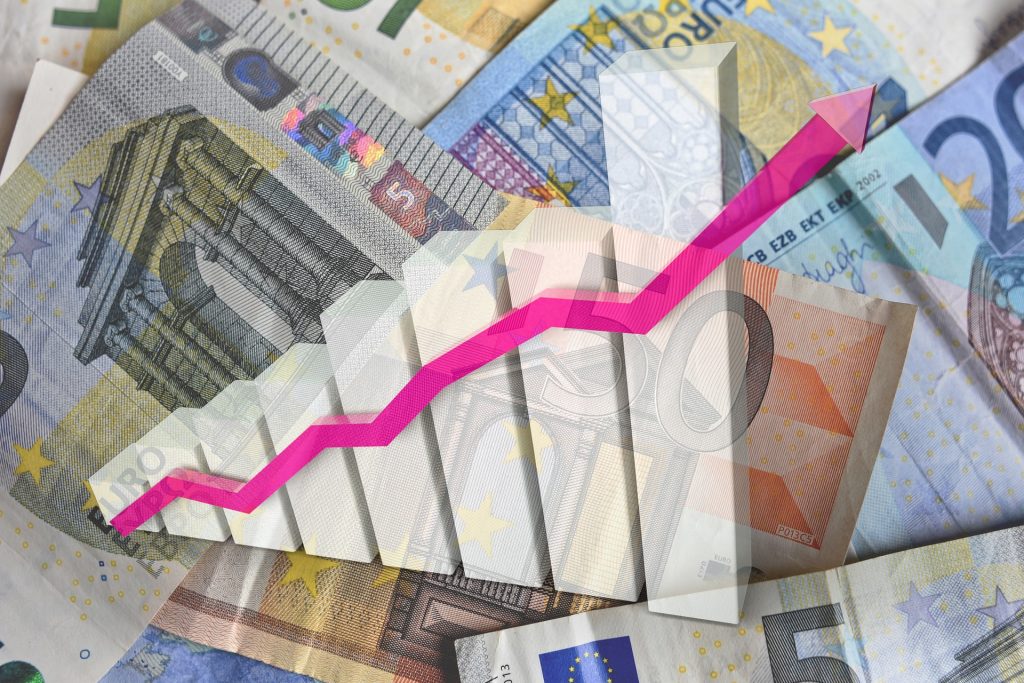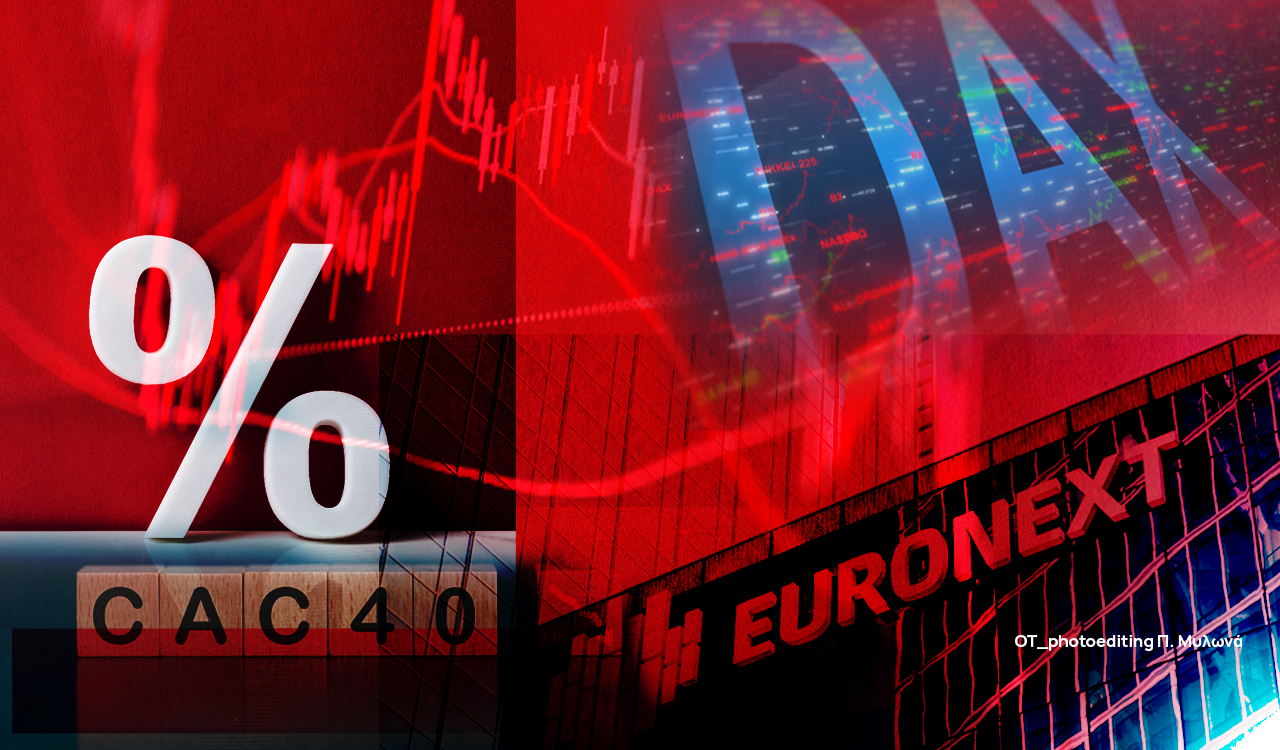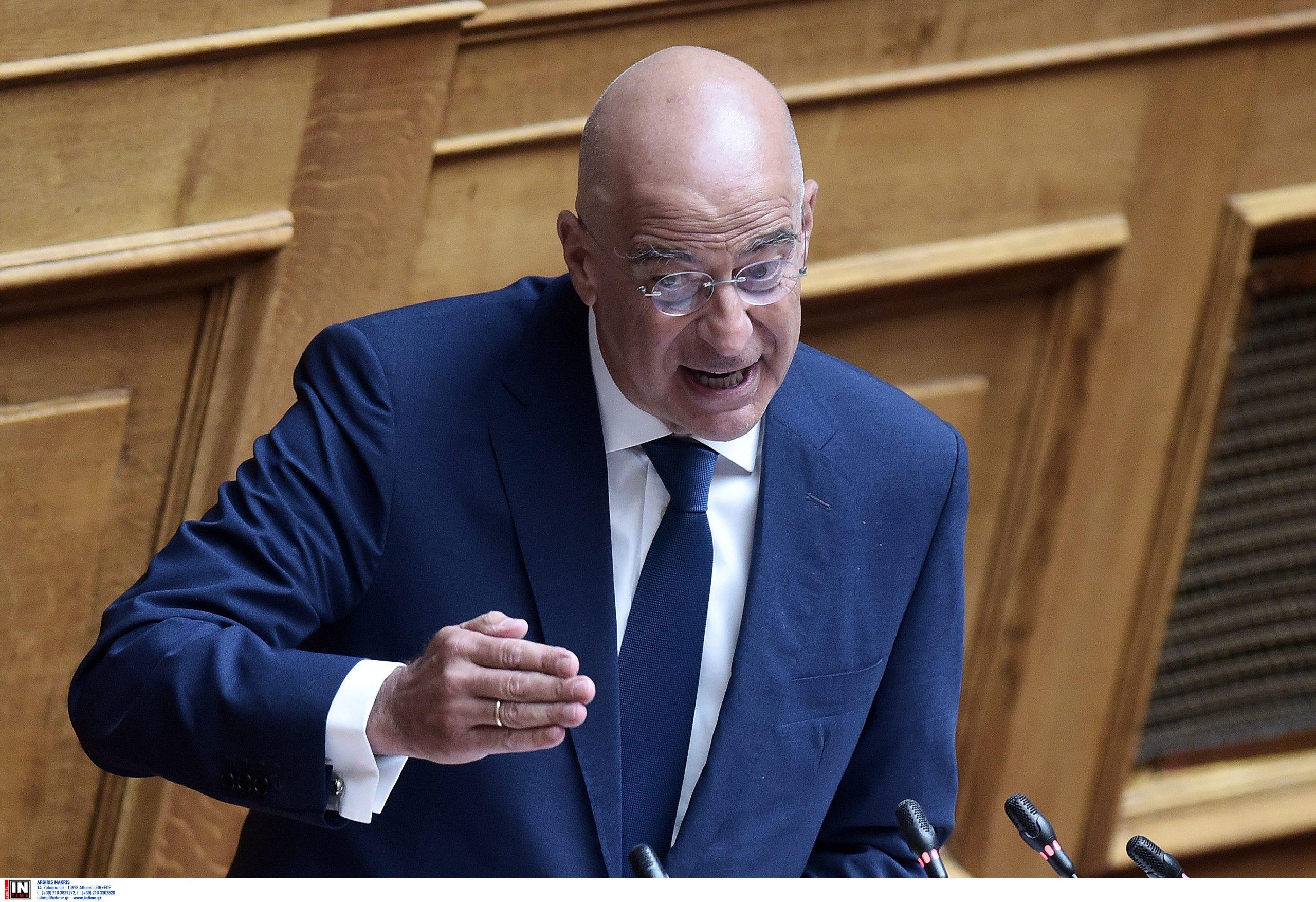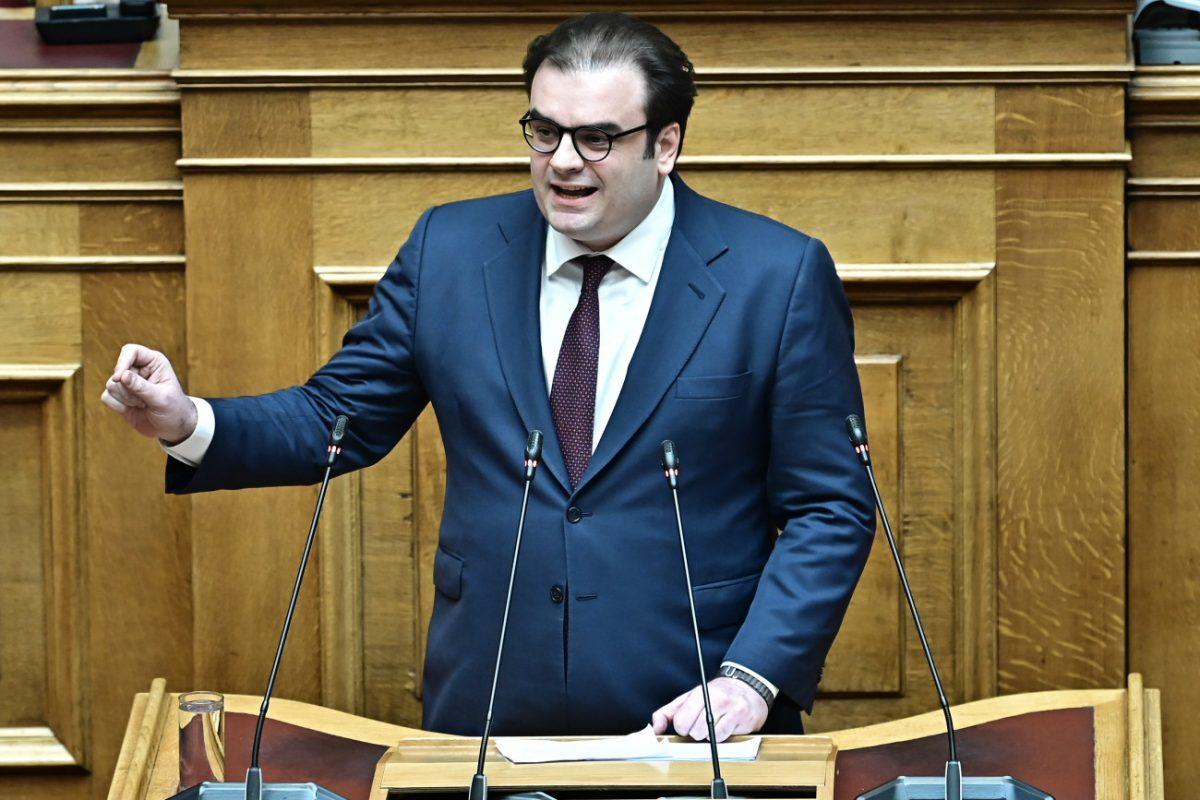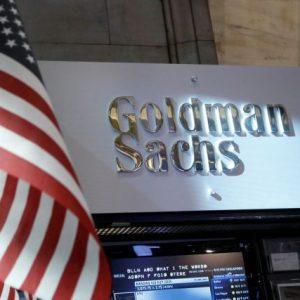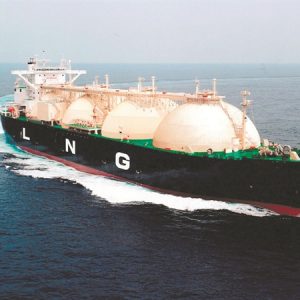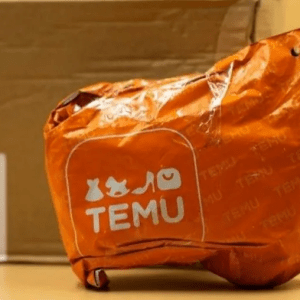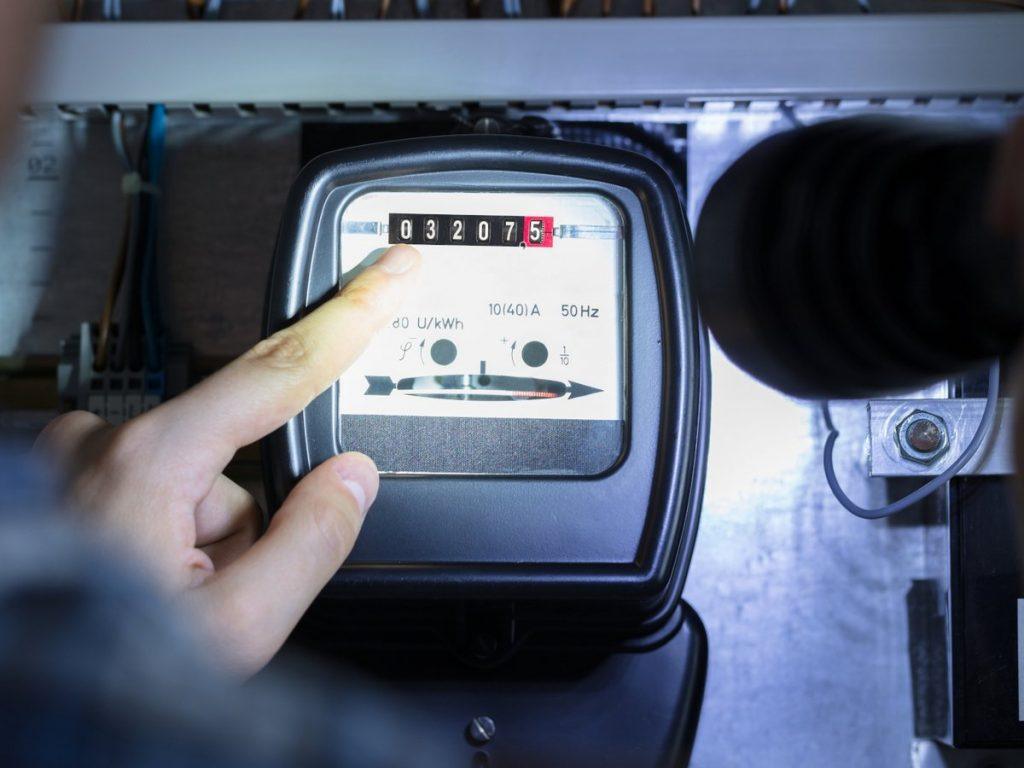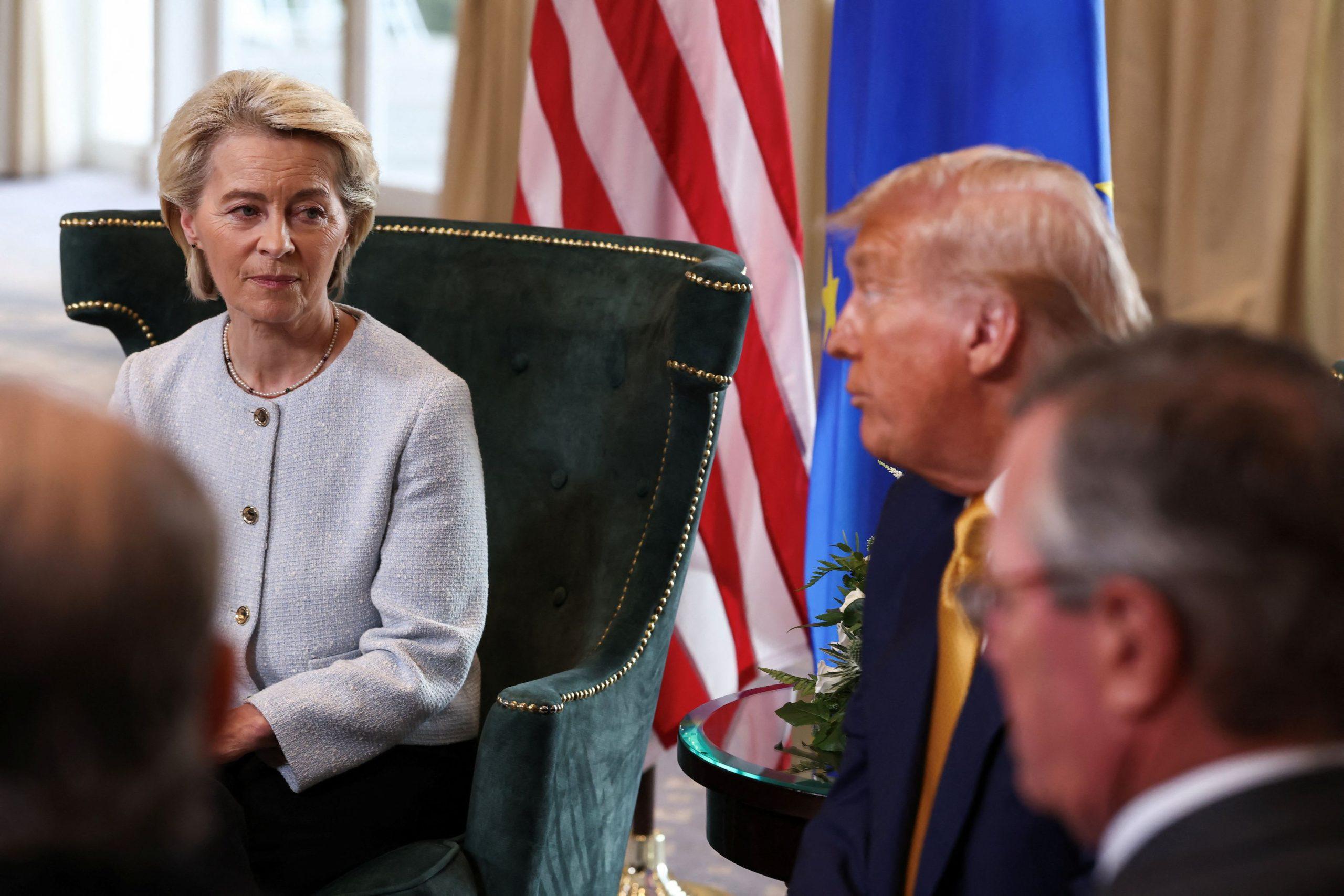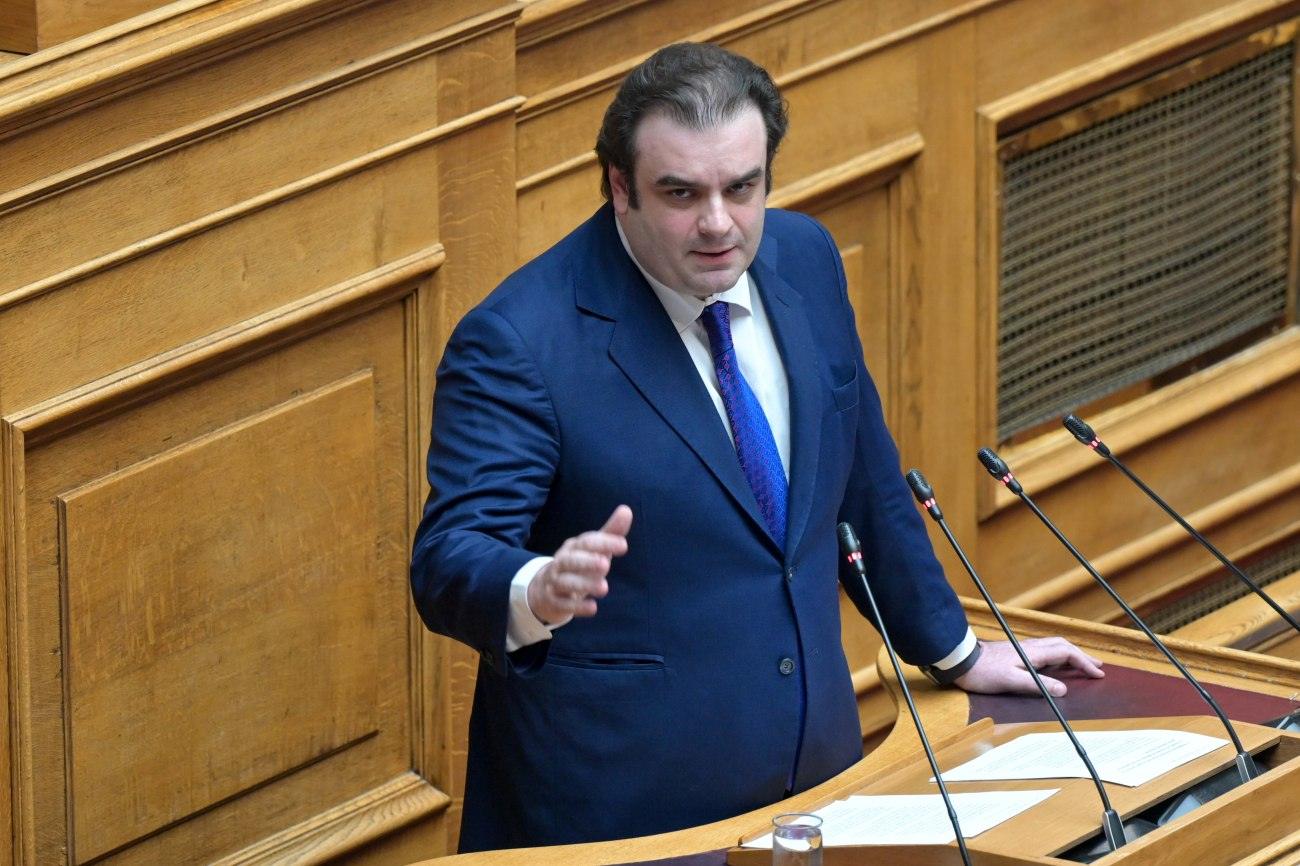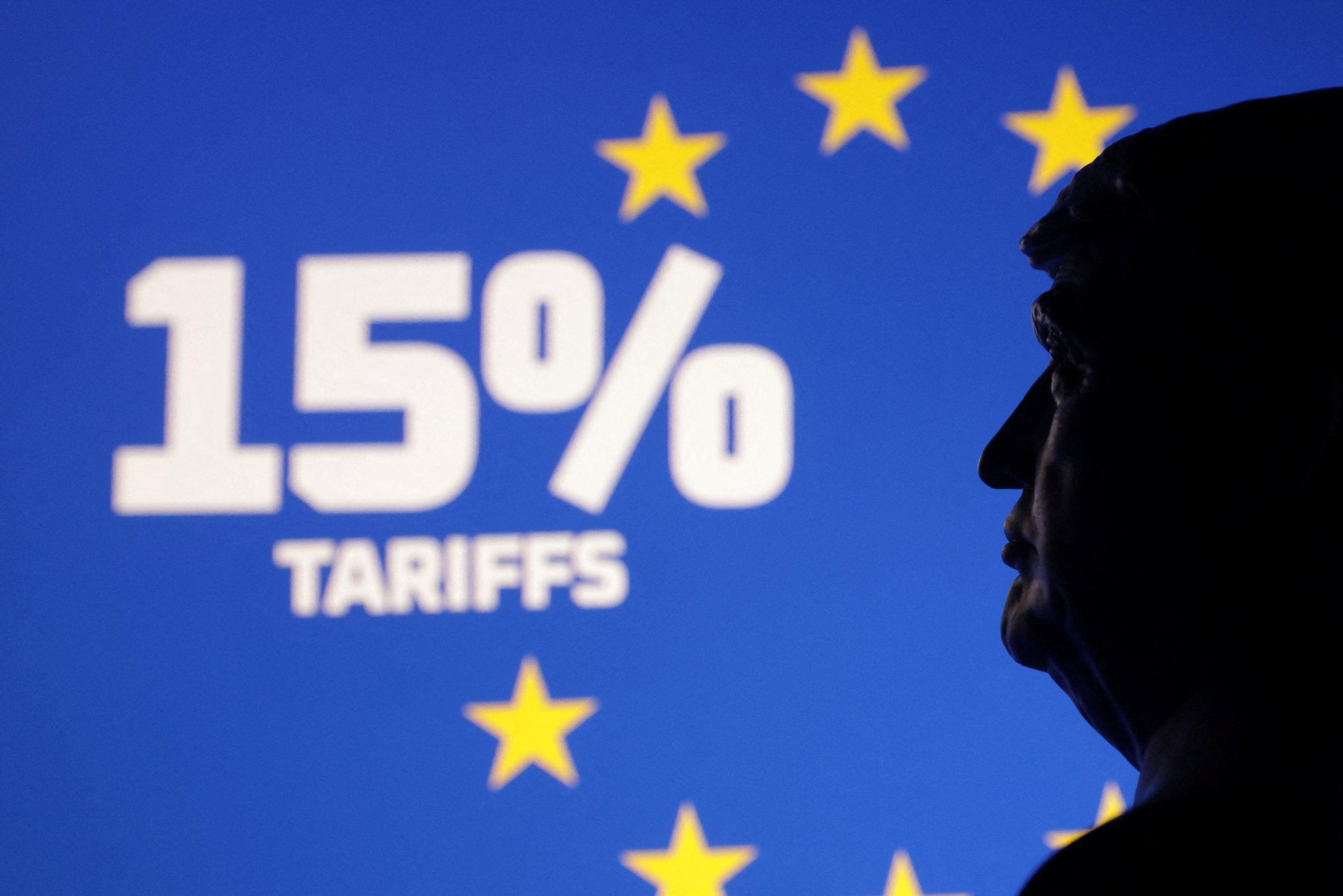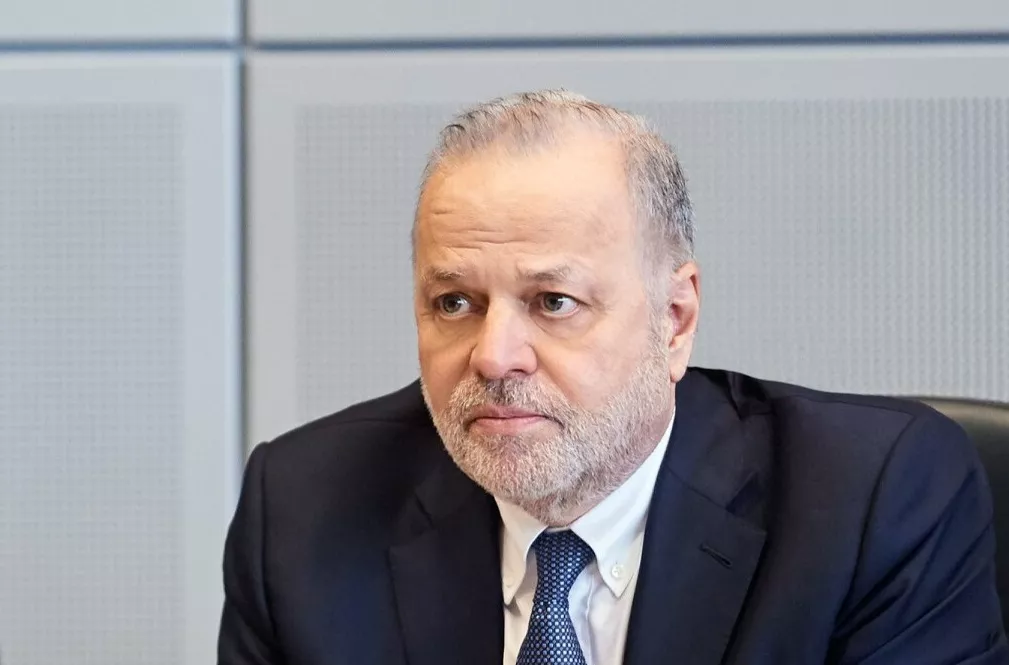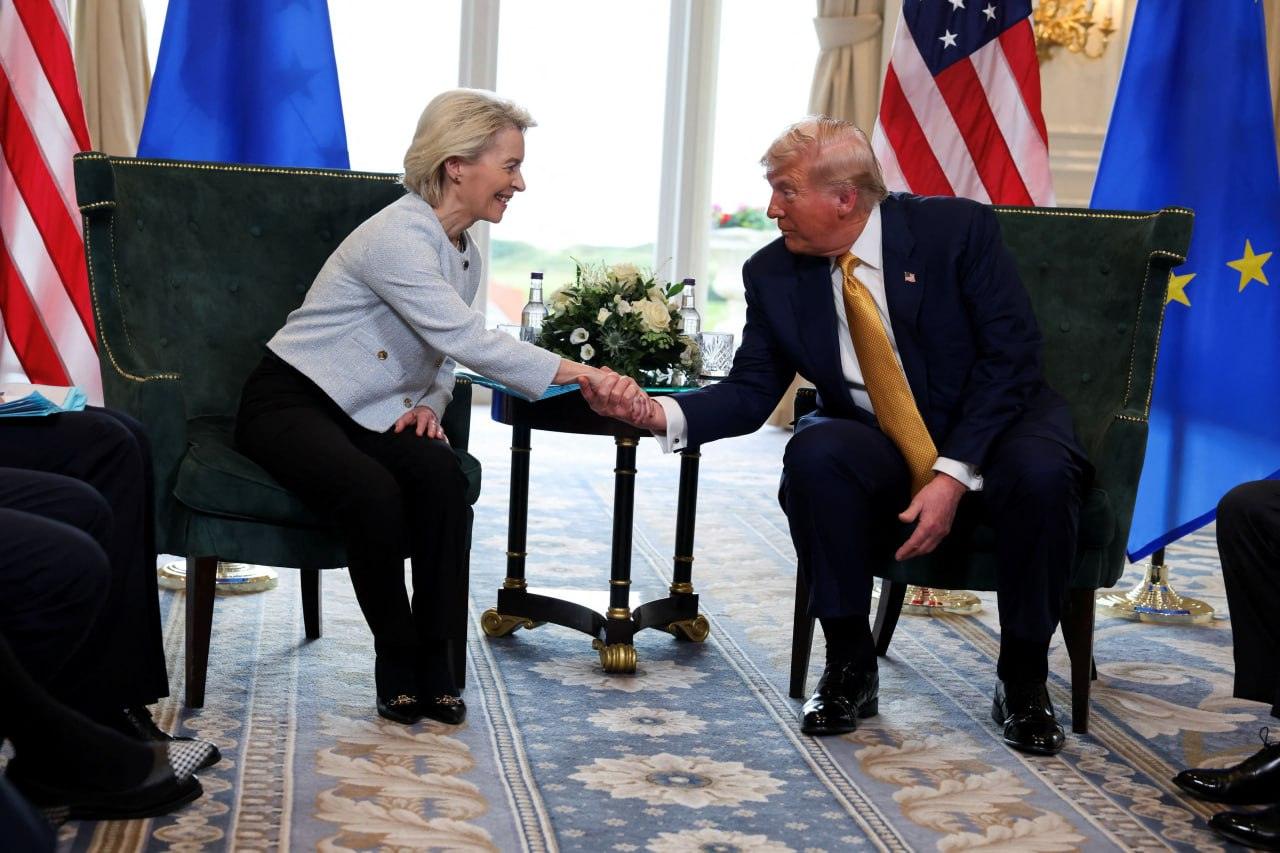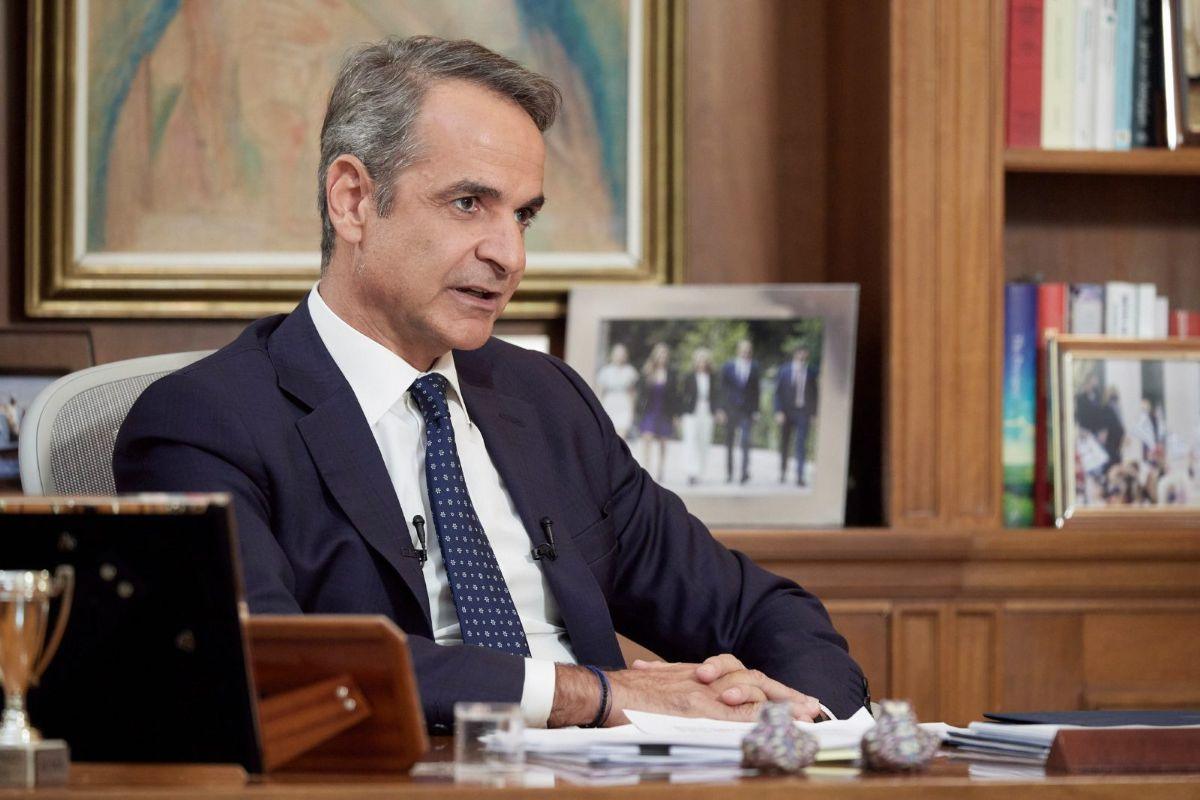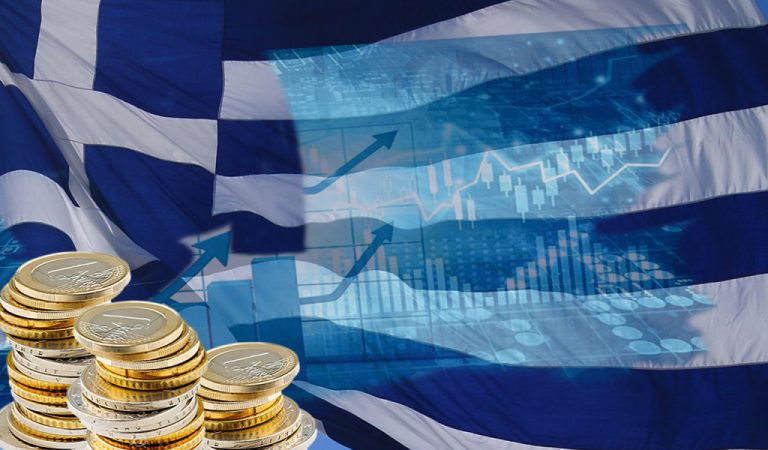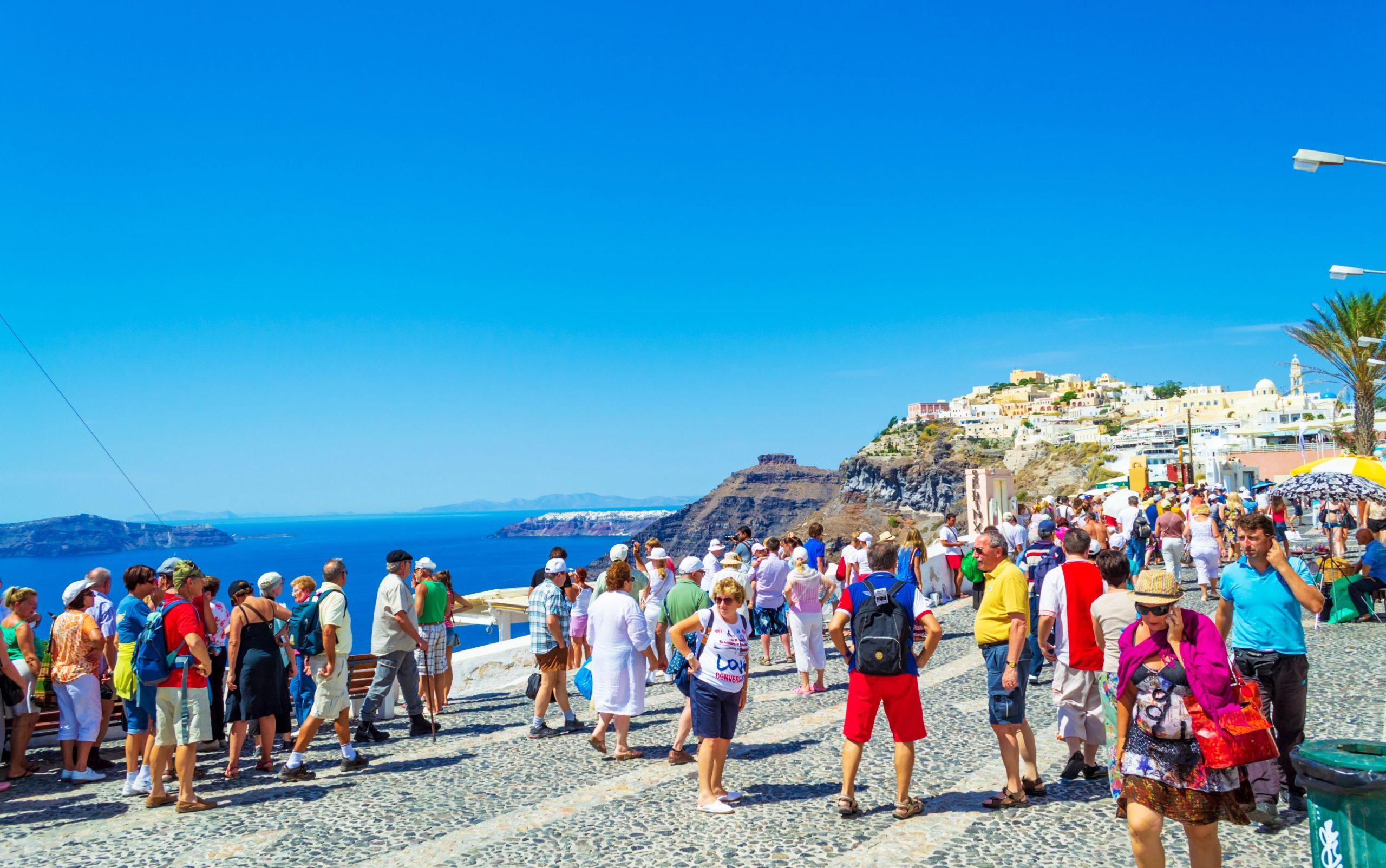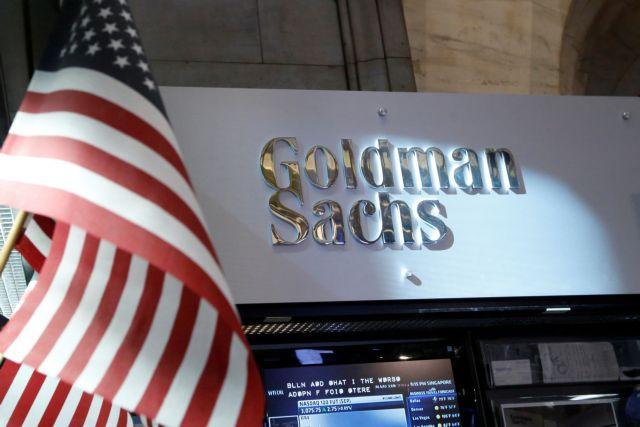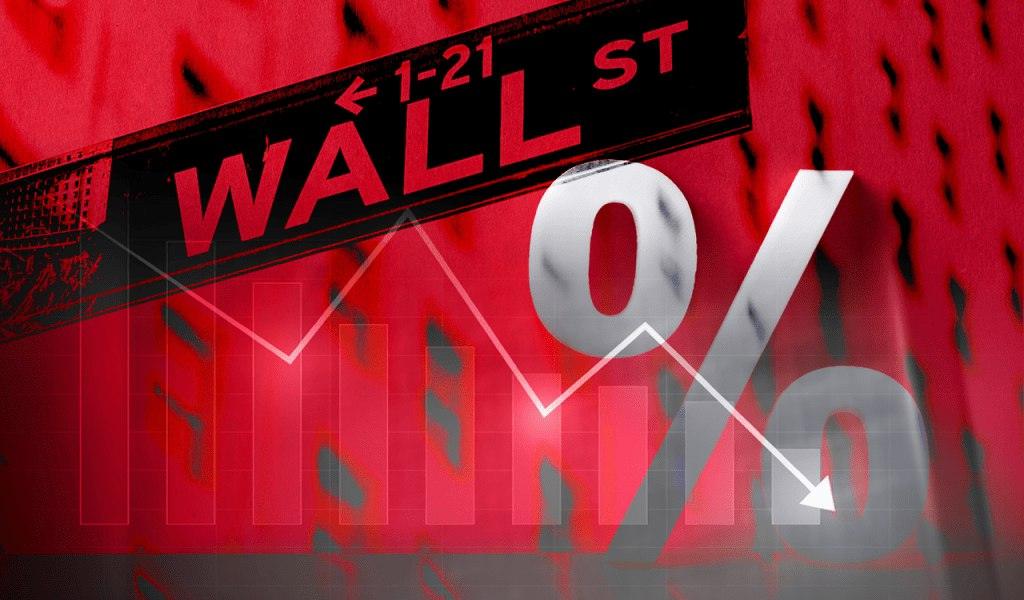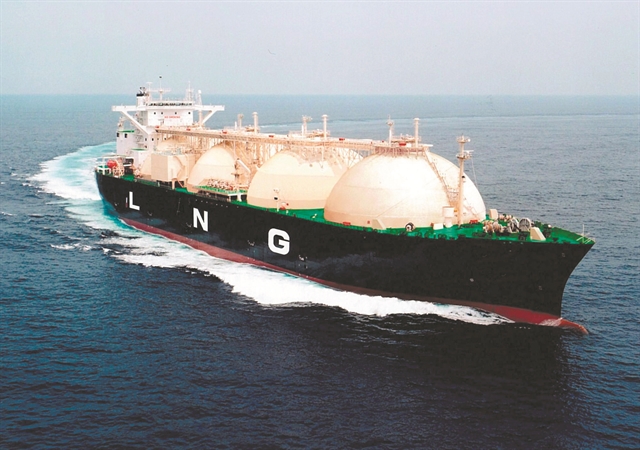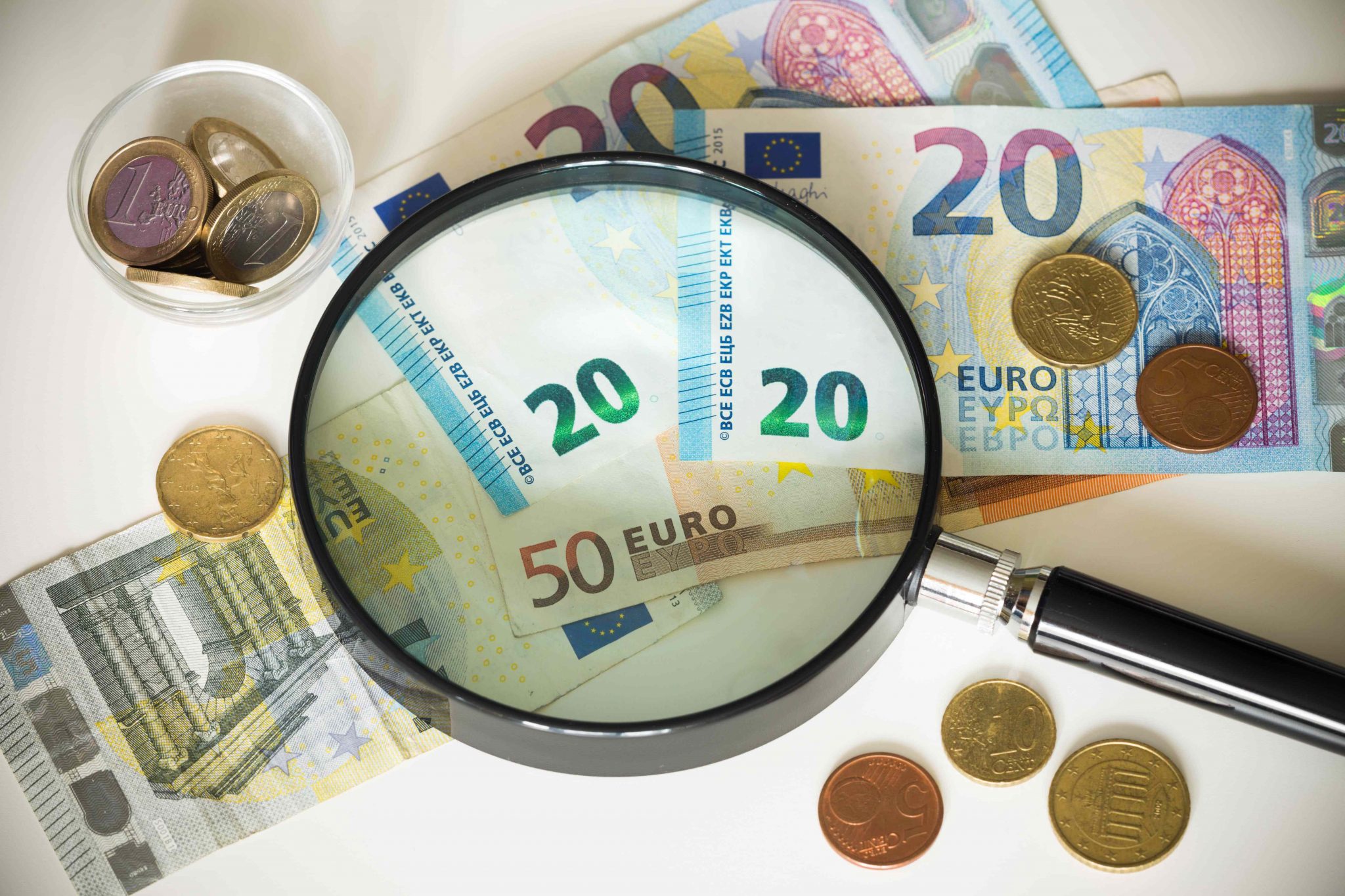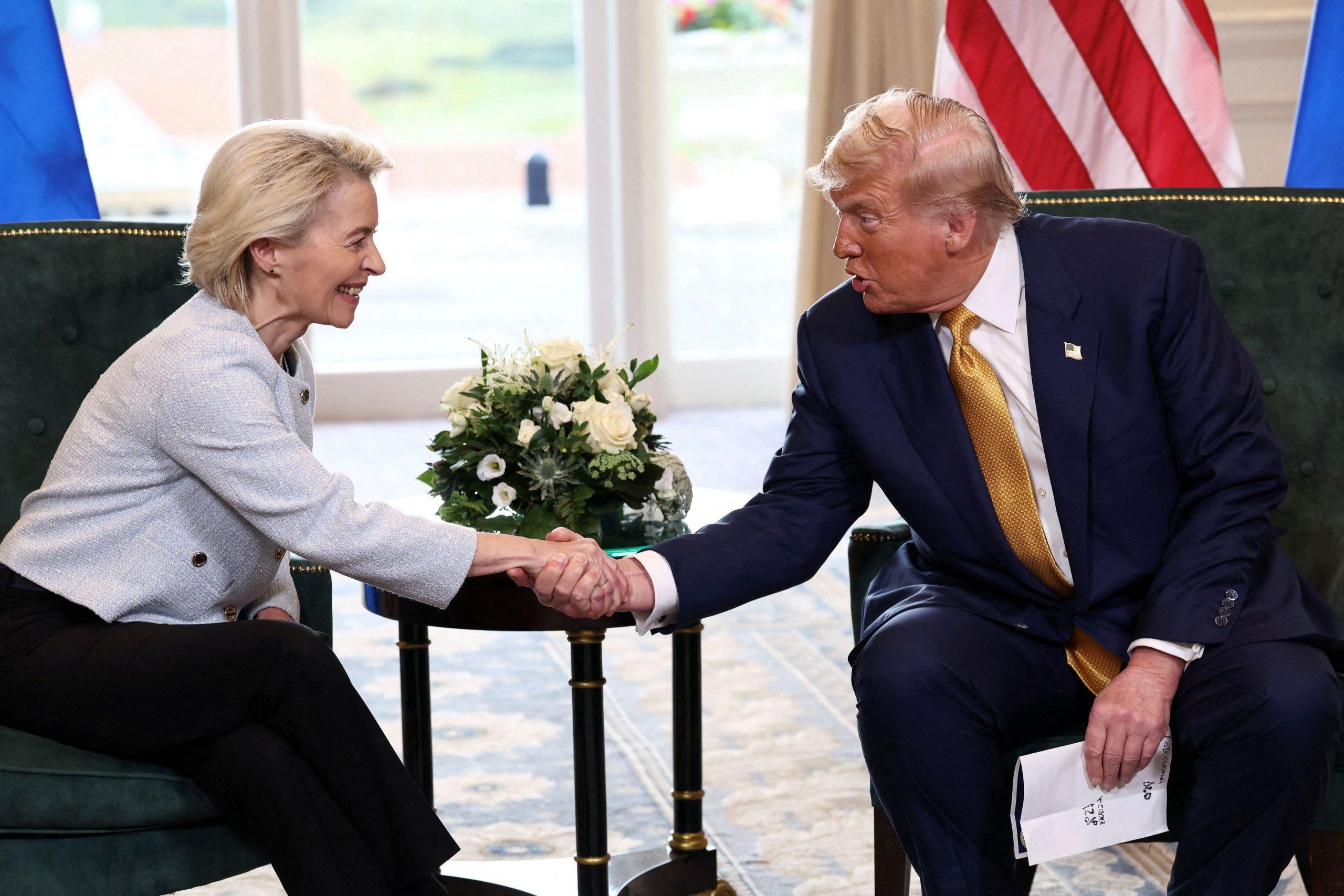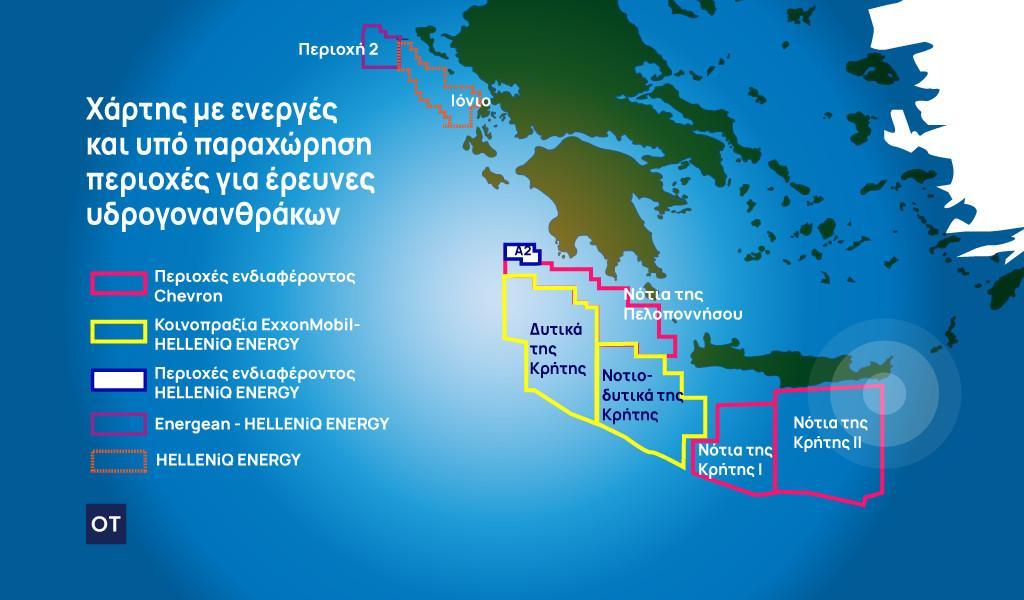We are going to an overall increase of the minimum wage of 2% + 6% and a new minimum wage to 703 euros, according to the prevailing scenario for the second adjustment of the minimum wage, in 2022. The amount of the wage increase – which is expected to exceed Inflation – combined with measures to support households and businesses – is part of government intervention to tackle high prices.
Indicative of the government’s intentions, but also of the fact that the increase is now “locked” is the statement of Prime Minister K. Mitsotakis in the 1st OT FORUM that “the increase will not be negligible, it will be significant”.
Of particular importance is the Prime Minister’s reference to inflation that “because of this the conditions are different today, compared to those two months ago.”
However, the “distances” in the positions of the social partners are huge, while there are also “voices” that suggest self-restraint. One of them is the governor of the Bank of Greece, Mr. G. Stournaras, who was also present at the OT Forum, who stressed that “growth should be close to average inflation”.
The process of forming the new minimum wage is already “in the final stretch” with the deadline for its completion being set for April 15th. According to all indications, the new minimum wage will exceed 700 euros as the new increase – after 2% – which will take effect from May is expected to reach and may exceed 6%. The prevailing scenario for an additional increase of 6% – in addition to the 2% that was valid from 1.1.2022 – and setting the minimum at 703 euros from 663 euros. According to the scenario, the growth for 2022 – cumulatively – will “move” close to GDP growth, which was set at 8.3%.
The positions of the organizations
Meanwhile, an “abyss of ten percentage points” still divides the views of employers and employees on the level of the new minimum wage. The so-called “big employers’ organizations” – SEV and SETE – seem to be insisting on a maximum increase of 3% or 4%, while representatives of small and medium-sized enterprises have reservations about the impact of labor costs on the viability of their businesses.
At the same time, the General Confederation of Greek Workers-GSEE insists on restoring the minimum wage to 751 euros from 663 euros – a fact that corresponds to an increase of about 13% – that is, the “difference” between the two sides reaches 10%.
The Bank of Greece formulates the most restrained proposal with additional increases from 2.7% to 3.4%, citing “increased uncertainty due to international energy prices, rising inflation and the war crisis in Ukraine.”
While the Centre of Planning and Economic Research-KEPE estimates that the increase should not be too large, as this will put more burden on small businesses, as well as companies in specific sectors.
Fixed wages
Finally, it should be noted that in total the average wages in Greece have collapsed over the last decade – with official figures showing that 56% of employees are paid less than 900 euros (gross) and 63.6% with wages below 1,000 euros per month. These amounts are within the limits of the minimum wages including three year benefits and marriage allowance.
The wage collapse took place in 2012, with the second creditors’ memorandum imposing reductions in the minimum wage of 22% (from 751 to 583 euros) and 32% of the salary for young people under 25 (511 euros).
This was followed in a short period of time by the abolition of the retroactive effect, resulting in the collapse of the “pyramid of collective agreements”, on which the system of remuneration had been built. This fact shows that there can be no recovery of wages if the sectoral agreements do not recover.
